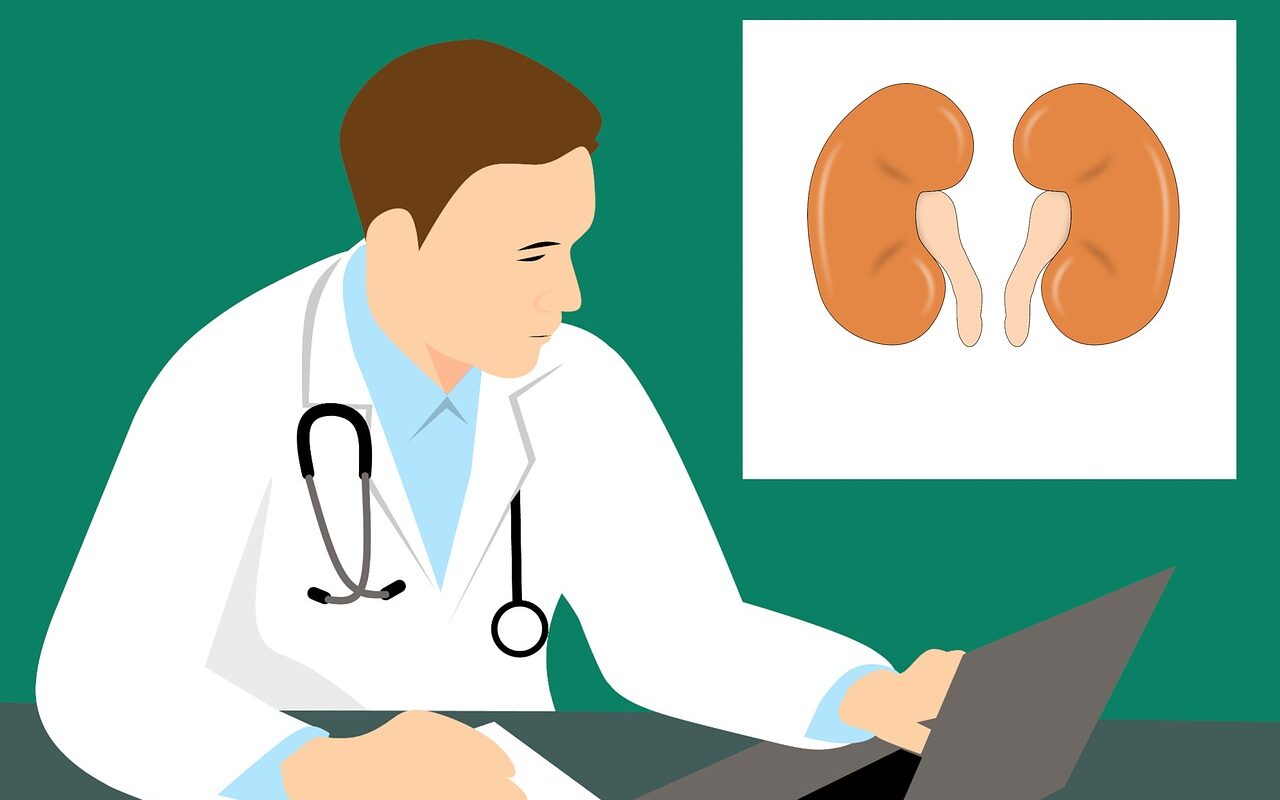Kidney stones are one of the most painful ailments known to mankind, and we sincerely hope that you would never have to deal with such a disease, however, having said that, it is still essential to understand the signs that will help you detect this ailment in its earliest stages. Kidney stones have earned a deadly reputation, and rightly so, because these tiny, hard deposits can cause immense pain.
Basically, these small and hard deposits tend to develop inside the kidneys when there are high quantities of various salts and minerals present within your urine. Kidney stones tend to vary in appearance, they can be jagged, as small as a grain of sand, smooth and in rare cases, as big as a golf ball. Naturally, the body will attempt to excrete them out through the urethra along with your urine, however, when they are making their way out of your body, they can immensely excruciating pain.
We’ve picked out all the information you need to understand the causes of kidney stones, all possible signs to help you detect this painful disease, and essential preventive measures to shield your kidneys from this ailment.
Kinds of Kidney Stones
There are four kinds of kidney stones, and their emergence is a direct indication that your body is unable to perform urination normally. Basically, kidney stones are tiny, hard deposits of mineral and acid salts that develop on the inner surface of our kidneys. They tend to occur when the urines gets extremely concentrate, allowing a build-up of excessive salts and minerals.
Let’s take a look at the four types of kidney stones in greater detail:
1. Uric acid stones
Uric acid stones tend to occur when the urine contains excessive amounts of acid inside it. Consuming high amounts of fish, shellfish and meat, particularly organ meat can increase the amounts of uric acid within your pee. So, it is advisable to consume mindful portions of these foods.




